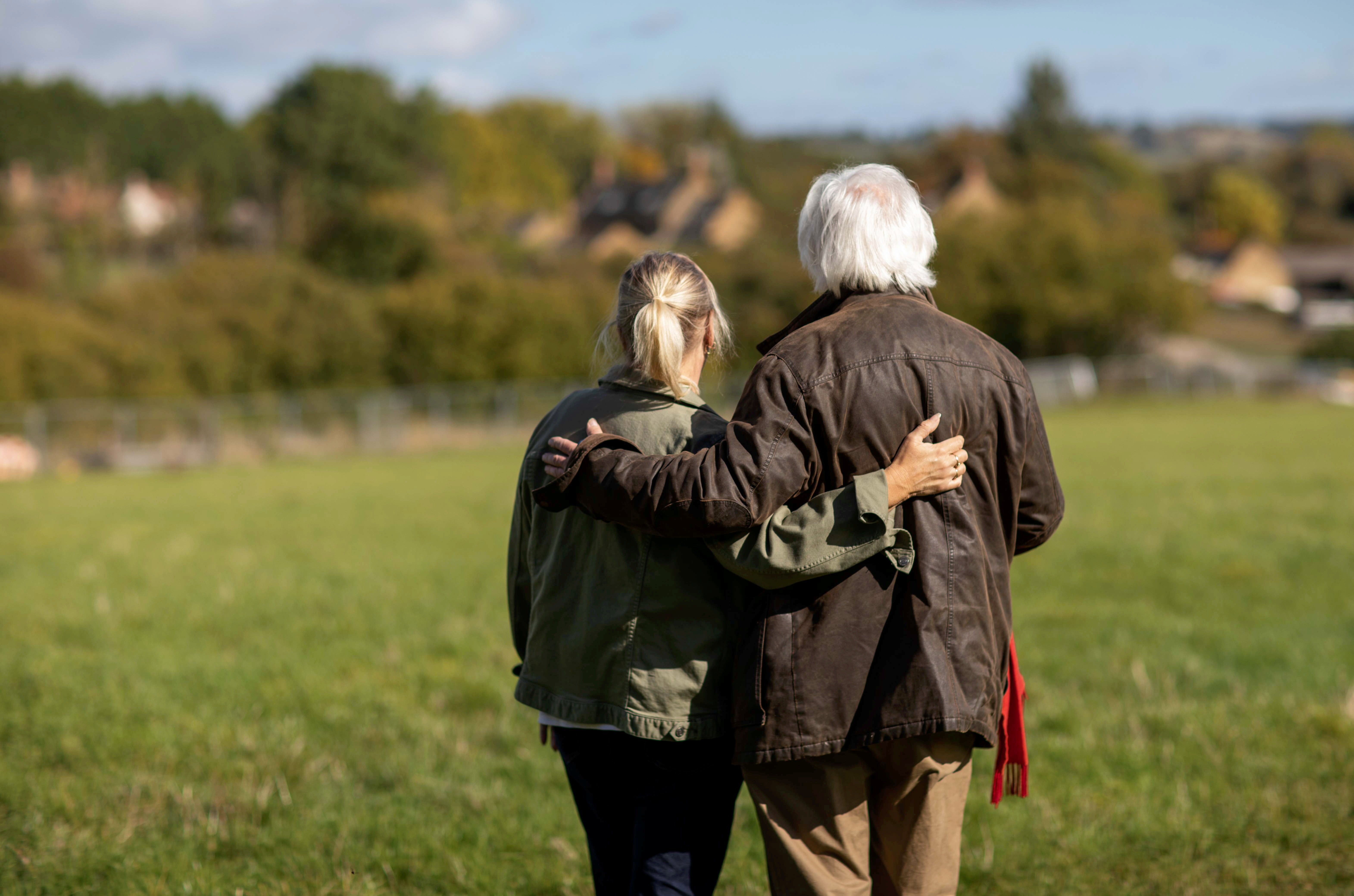From illness to death – how to have the uncomfortable conversations many couples avoid
Almost half of couples admit they avoid having difficult conversations with their partner – due to fearing a negative reaction, wanting to steer clear of discussing anything too sad and preferring to keep things light

Your support helps us to tell the story
From reproductive rights to climate change to Big Tech, The Independent is on the ground when the story is developing. Whether it's investigating the financials of Elon Musk's pro-Trump PAC or producing our latest documentary, 'The A Word', which shines a light on the American women fighting for reproductive rights, we know how important it is to parse out the facts from the messaging.
At such a critical moment in US history, we need reporters on the ground. Your donation allows us to keep sending journalists to speak to both sides of the story.
The Independent is trusted by Americans across the entire political spectrum. And unlike many other quality news outlets, we choose not to lock Americans out of our reporting and analysis with paywalls. We believe quality journalism should be available to everyone, paid for by those who can afford it.
Your support makes all the difference.Research of 2,000 married adults and those in long term relationships revealed themes of illness and death were too uncomfortable for many to broach.
More than a quarter (27 per cent) would refuse to talk to their other half about how they’d like to be looked after should they get dementia.
And 19 per cent don’t want to address the subject of will writing.
When a serious topic is brought up, however, 42 per cent find their partner tries to change the subject.
But a third believe their relationship would be strengthened if they opened up.
Dr. Tim Beanland, Head of Knowledge at Alzheimer’s Society, which commissioned the research as part of its “Ultimate Vow” campaign, said: “Some of the more important conversations we need to have with our partners are also the most challenging.
“People need to feel comfortable and equipped to open up and ask those difficult questions.
“When it comes to dementia, it’s usually those closest to us who first notice changes that could indicate something is wrong, so it’s vital to speak up.”
More than seven in 10 (72 per cent) of those surveyed admitted that some topics are much harder to discuss than others.
Picking the right moment to broach a subject was the key to making a difficult chat easier according to 45 per cent, while couples therapy was the next most effective option for relationship issues.
And 68 per cent confessed dementia is one of the illnesses they fear most, with their partner forgetting who they are, losing their best friend, and missing the way they usually spoke to each other seen as the biggest struggles to overcome were the worst to happen.
Four in five of those polled via OnePoll said managing life, in general, would be a difficult task while tending to an ill partner, with only 24 per cent having discussed the wishes of their other half were they to get dementia.
Dr. Beanland from Alzheimer’s Society, which has a “relationship hub” on their website where people can find advice on how to approach such sensitive topics, added: “A chat around a partner’s worrying symptoms, or wishes should they have dementia, must be approached sensitively.
“We have a wealth of information to help people feel more confident having these conversations as we’ve seen the difficulties couples affected by dementia can face when fulfilling their vow to be there for each other “in sickness and in health”.
“It can feel overwhelming, but we’re here to provide that help and hope, every step of the way.
“A third of us will develop dementia in our lifetimes but we at Alzheimer’s Society vow to end the devastation caused by the condition.”
Prompts on how to start a difficult conversation:
“Thank you for sitting down with me today and making the time to talk. I really appreciate it.”
“I know life can get in the way of communicating properly sometimes. I have missed talking with you openly.”
“How have you been feeling lately, physically and emotionally?”
“I have been worried recently. I don’t think you’ve been yourself. How do you feel?”
“Do you have any health worries you’d like me to know about?”
“Have you been struggling with anything recently? Physically or mentally?”
“I noticed that [insert change in behaviour], such as the time when [insert example]. What do you think about this?”
“Can you remember when [insert example of behavior/incident]? That worried me. Can we talk about it?”



Join our commenting forum
Join thought-provoking conversations, follow other Independent readers and see their replies
Comments